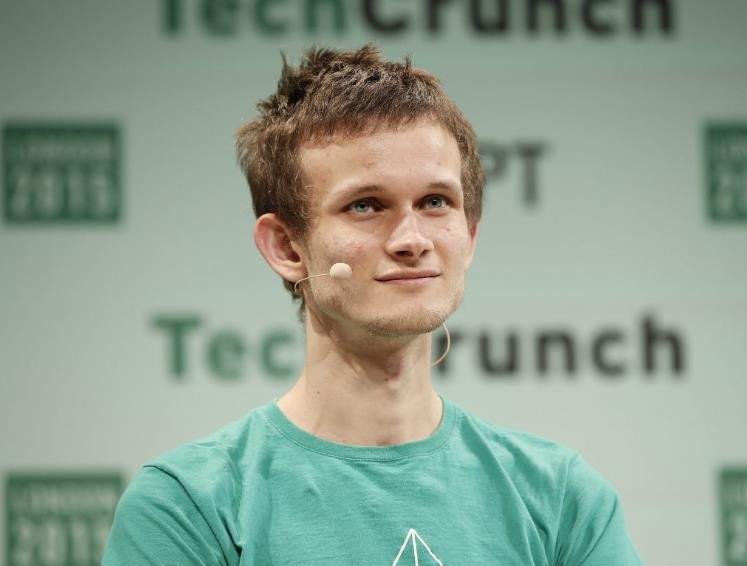Ethereum co-founder Vitalik Buterin has suggested a “modest” increase in the gas limit of the network to improve its throughput and performance. During a Reddit AMA session on Jan. 10, Buterin said that he thinks raising the gas limit to 40 million from the current 30 million is reasonable.
The gas limit is the maximum amount of gas that can be spent on executing transactions or smart contracts in each block on the Ethereum network. Gas is the fee required to conduct a transaction or execute a contract on the blockchain. The gas limit is set to ensure that blocks are not too large, which would impact network performance and synchronization.
The gas limit can be adjusted dynamically by the validators who produce blocks, within certain parameters. Increasing the gas limit allows more transactions into each block, which theoretically increases the overall throughput and capacity of the network. However, it also increases the load on hardware and the potential risk of network spam and attacks.

Why does Buterin want to increase the gas limit?
Buterin noted that the gas limit has not been increased for nearly three years, the longest time ever in the protocol’s history. He said that he thinks doing a modest gas limit increase even today is reasonable, and that this would imply an increase to around 40 million. The current gas limit is 30 million, according to Etherscan, so this suggests an increase of 33%.
Buterin also made some brief calculations and said that this would increase the block size by about 10%, and that this would not have a significant impact on the uncle rate or the state growth rate. He added that this would also reduce the gas price by about 25%, which would benefit the users and the developers of the network.
Buterin said that he is not proposing a permanent increase in the gas limit, but rather a temporary one until the network transitions to Ethereum 2.0, which is expected to bring scalability and efficiency improvements to the network. He said that he hopes that the validators will be willing to support this proposal, and that he will try to convince them to do so.
What are the benefits and challenges of increasing the gas limit?
Increasing the gas limit would potentially improve the network throughput and performance, which are important factors for the adoption and innovation of the network. It would also lower the gas fees, which have been increasing since the beginning of 2024 and are a lot higher for complex smart contract operations. Lower gas fees would make the network more accessible and affordable for the users and the developers.
However, increasing the gas limit also comes with some challenges and trade-offs. It would increase the load on hardware and the bandwidth requirements for the validators, which could affect the security and decentralization of the network. It would also increase the risk of network spam and attacks, which could disrupt the network functionality and stability.
Additionally, increasing the gas limit may not be a long-term solution for the scalability issues of the network, as the demand for the network may continue to grow faster than the supply. Therefore, increasing the gas limit may only provide a temporary relief, and not address the root causes of the scalability problem.
What are the reactions and opinions of the community?
The proposal to increase the gas limit has received mixed reactions and opinions from the Ethereum community. Some users and developers have expressed their support and appreciation for the proposal, saying that it would improve the network performance and user experience. They have also praised Buterin for his leadership and vision for the network.
However, some users and developers have also expressed their skepticism and criticism for the proposal, saying that it would not solve the scalability problem and that it would introduce more risks and challenges for the network. They have also questioned the feasibility and the necessity of the proposal, and the motives and the authority of Buterin to make such a proposal.
The proposal to increase the gas limit is still under discussion and debate, and it is not clear whether it will be implemented or not. The final decision will depend on the consensus and the cooperation of the validators, who have the power to adjust the gas limit. The proposal will also have to face the technical and social challenges that come with any change in the network parameters.
